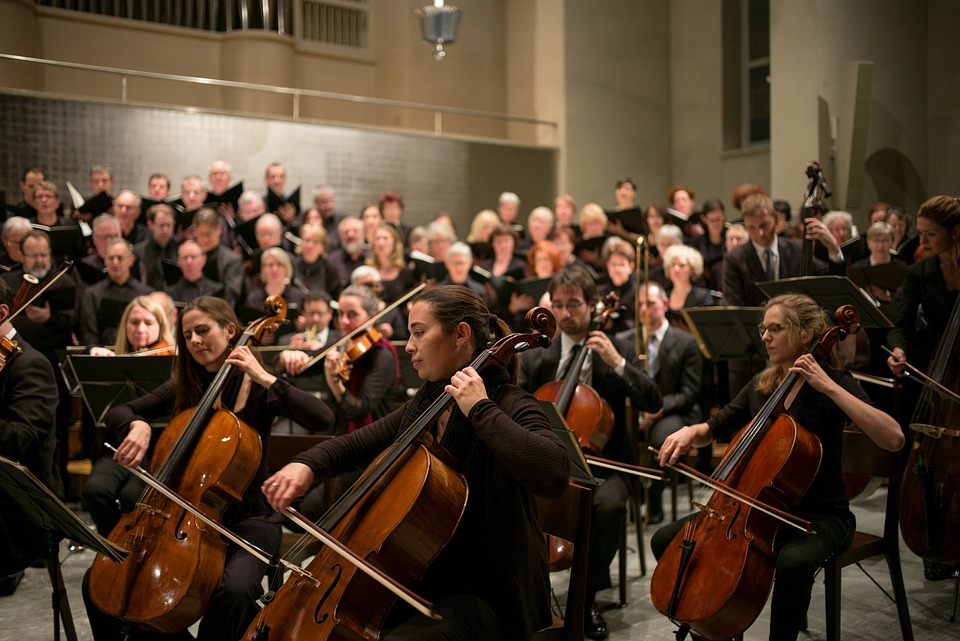Learn More about Opera Music

The more you recognize something, the more you’ll be able to enjoy it. Opera incorporates a rich and interesting history and is additionally a vibrant variety that’s continuing to grow today.
What is Opera?
Opera could be a dramatic story told through song. It’s considered by many to be the foremost complete kind, combining all of the weather of art, words, music, drama, and dance. This last title is incredibly near the definition and is the correct basis for any discussion about opera. The unique thing in opera is the use of music to convey a whole story/plot. this is often supported by the sensation that music can communicate people’s reactions and emotions better than words (read or spoken) or pictures. Opera takes any kind of dramatic story and tries to form it more exciting and believable with the assistance of music. Many famous stories are made into operas, including Cinderella, Hansel and Gretel, and Romeo and Juliet.
How Did Opera Get Started?
The concept of opera was developing a few years before the primary opera was written. Its beginning is traced to the traditional Greeks. They fused poetry and music, creating plays that incorporated song, auditory communication, and dance, among string or wind instruments. Within the 1100s, the first Christian church set religious stories to music, a method called liturgical drama. The primary true opera, Daphne, was composed by Jacopo Peri (1561-1633). It told the story of a Greek myth. The primary great composer of opera was Claudio Monteverdi (1567-1643).
How is Opera Different around the World?
Italy was the primary country where opera became popular. It absolutely was the homeland of Jacopo Peri and Claudio Monteverdi. In time, this exciting variety of entertainment spread to the remainder of Europe. France and Germany joined Italy because the principal opera producers.
Eventually, opera came to reflect the stories and musical types of each of those countries. The Italians have always been famous for their love of singing, then in Italian opera, there has always been a good emphasis placed on the singer and also the beautiful sounds of the human voice. It wasn’t until the late 19th century and early 20th century with the later works of Verdi and therefore the operas of Puccini was a balance was achieved between the role of the orchestra of the singer, and also the combining of those two forces, to provide a simpler presentation of the story. The French have favored the pictorial side of drama, and this has led to a seamless emphasis on the visual spectacle, especially with dancing. An example of this: the Paris opera within the 19th century wouldn’t accept work for performance if it didn’t contain a serious ballet. Verdi, an Italian composer, had to feature ballets in all or any of his works to induce them performed in Paris.
The Germans have always sought to extract from both the Italian and French traditions and transcend both in a shot to present just a story. In fact, one of the best German opera composers, Richard Wagner, chose legends or myths for many of his opera plots in order that he could communicate ideas still as just a story.

